A Look at Biology, Psychology, and Culture
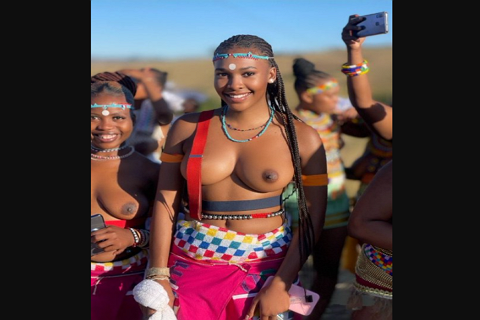
1. Biological Factors
Hormonal DifferencesSouth African women, like women globally, experience hormonal shifts that affect sexual desire. Estrogen, progesterone, and testosterone levels fluctuate during the menstrual cycle, pregnancy, and menopause — impacting libido and arousal. For instance, many women report higher desire around ovulation but reduced interest during PMS or after childbirth.
Health & Body ImageAccess to healthcare and body confidence also play roles. In some South African communities, fuller figures are celebrated, which can positively influence self-esteem and, by extension, sexual satisfaction. Conversely, women facing issues like endometriosis, fibroids, or HIV (which still has high prevalence in SA) may experience lowered sexual desire due to pain, medication side effects, or stigma.
2. Psychological Factors
Stress & Economic PressuresMany South African women balance careers, households, and family responsibilities. Financial strain and gender expectations often weigh heavily, leaving less energy for intimacy. Stress is one of the biggest psychological killers of libido.
Trauma & Safety ConcernsSadly, South Africa has high rates of gender-based violence (GBV). For some women, past trauma affects their relationship with sex — turning it from something potentially pleasurable into something anxiety-inducing. Healing, therapy, and supportive partners become essential in these contexts.
Emotional Connection Research shows women’s sexual needs are often tied to emotional intimacy. For South African women, feeling respected, listened to, and emotionally secure in a relationship often boosts sexual satisfaction far more than physical attraction alone.3. Cultural Factors
Traditional Gender RolesIn many African cultures, women are still expected to be “modest” or less vocal about their sexual desires. This can create a culture of silence where women’s needs are under-communicated, leading to mismatched expectations in relationships.
Modern Shifts
Urban South Africa is changing rapidly. Younger generations of women are increasingly open about their sexual preferences and needs, thanks to media, social networks, and greater exposure to global conversations on sex positivity.
Marriage, Lobola & ExpectationsCultural practices like lobola (bride price) can influence power dynamics in relationships. In some cases, women may feel pressured to prioritize their husband’s satisfaction over their own. Yet, more couples are beginning to challenge these dynamics, striving for balance and mutual fulfillment.
Religion & MoralityChristianity, Islam, and traditional African religions also shape women’s attitudes towards sex. Some women may experience guilt or suppression of desire due to religious teachings, while others find frameworks that allow sex to be celebrated within marriage.
The Bottom LineSouth African women’s sexual needs differ not just from men’s, but also among themselves — because biology, psychology, and culture interact in deeply personal ways. Some may crave emotional intimacy before sex, others may be more responsive to biological cues, while others still may struggle with cultural expectations that discourage openness about desire.
For healthy sexual relationships in South Africa:Was this post helpful?
Comments (0)
No comments yet. Be the first to comment!
Leave a Comment
You Might Also Like

About 9jaruns Dating App/Website
Let's Hook You Up
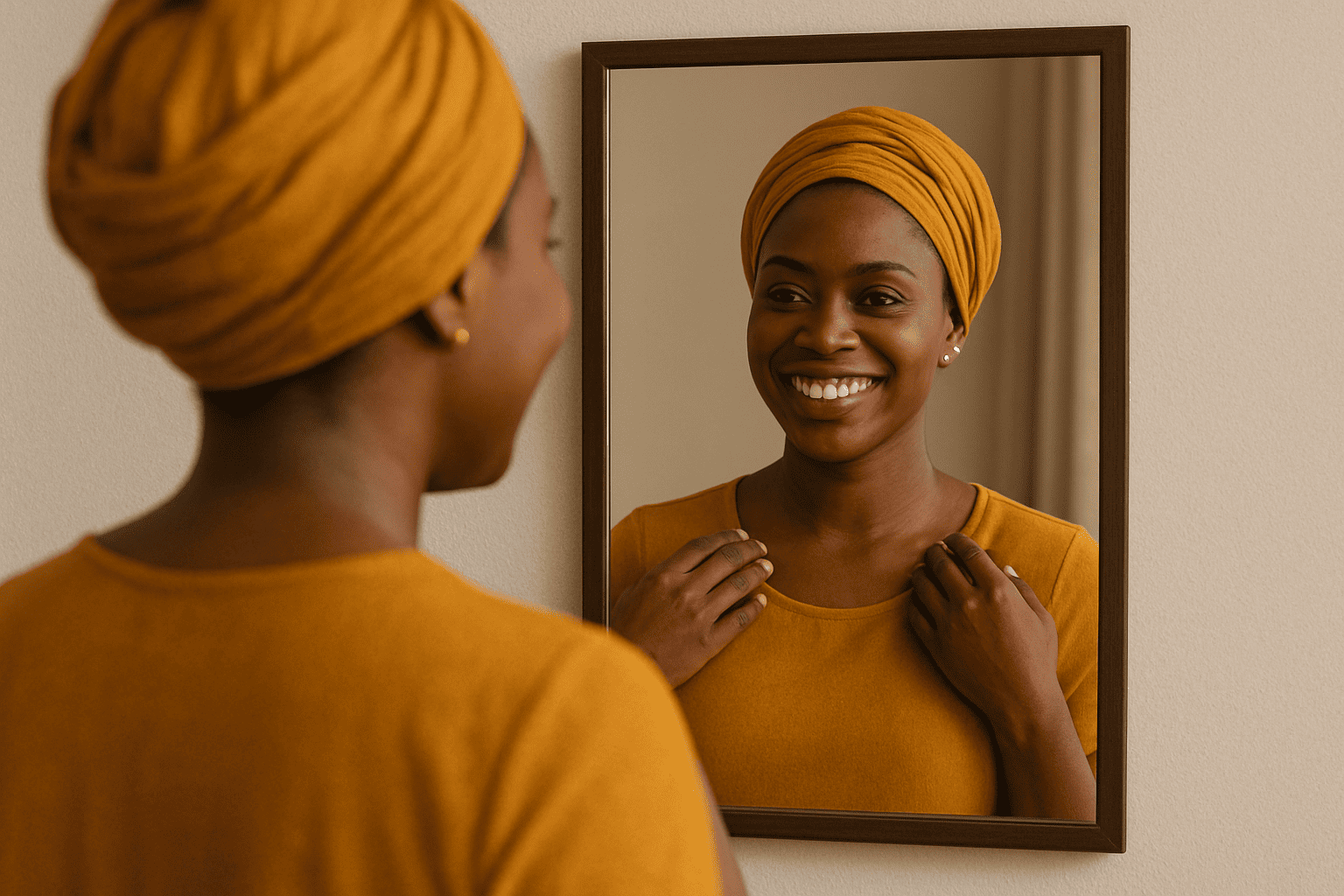
Best Love Advise That Lasts: Building From Within
Why Self-Love, Friendship, and Respect Are the Cornerstones of Real Relationship...
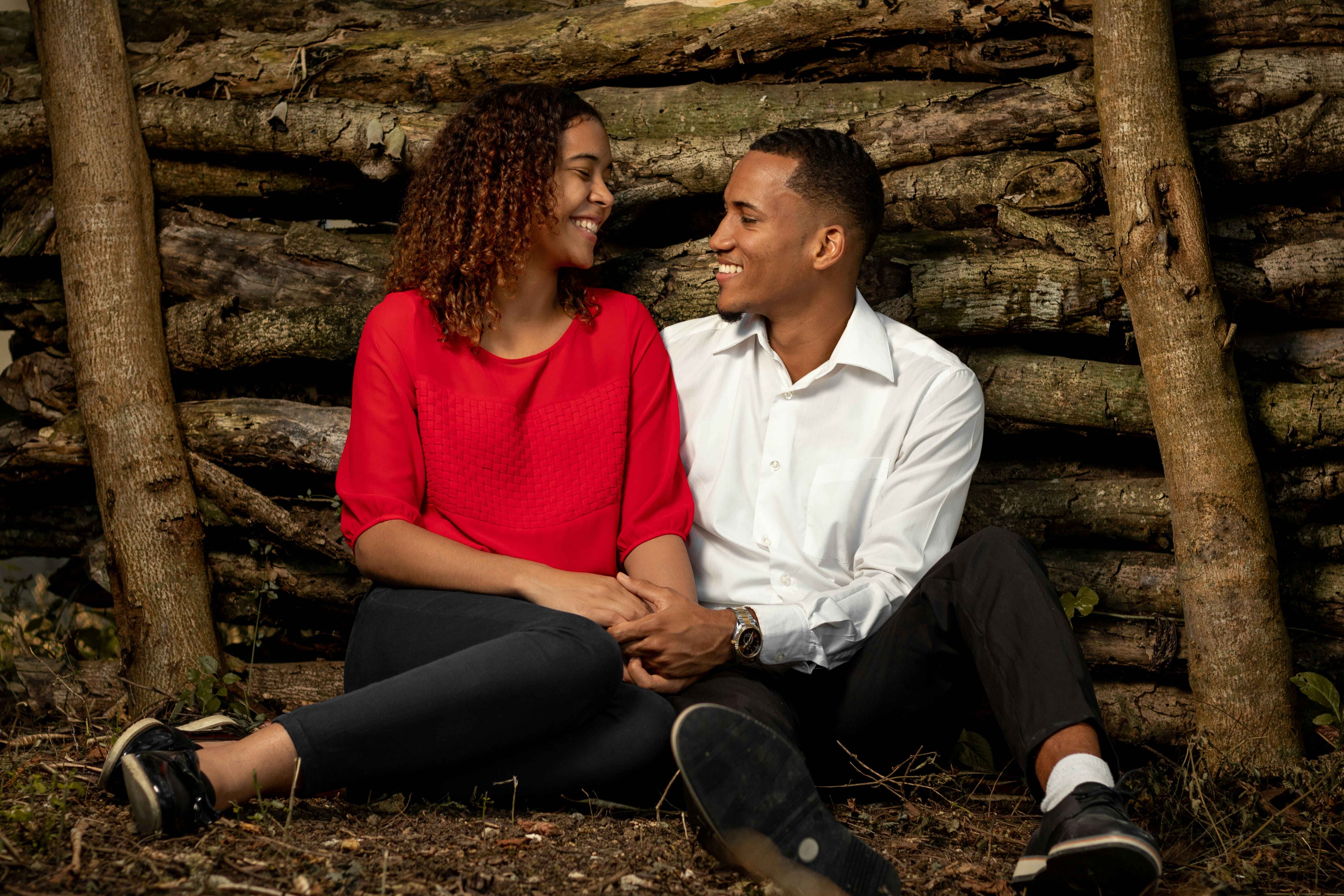
Beyond Lust: Healthy Ways African Men Can Nurture Passion, I...
Building Stronger Bonds Through Love, Understanding, and Emotional Connection
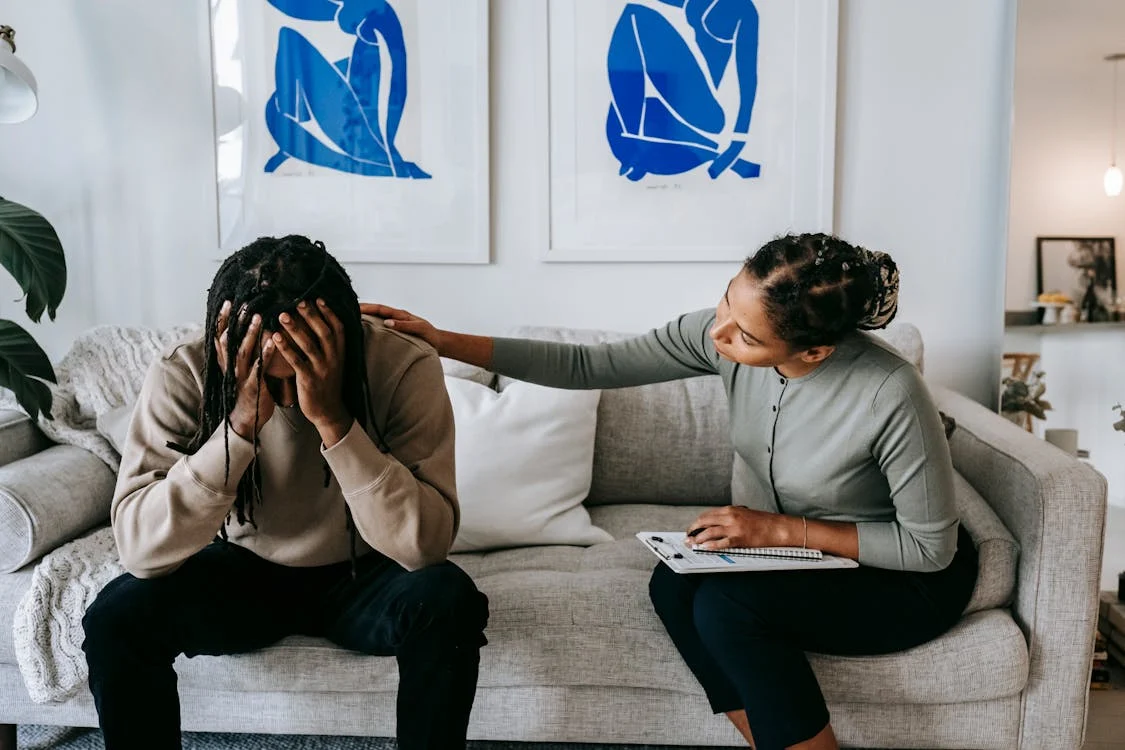
Breaking Vows: Why Divorce Is Quietly Rising in Nigeria
How Economic Pressures and Changing Expectations Are Reshaping Marriage in a Tra...
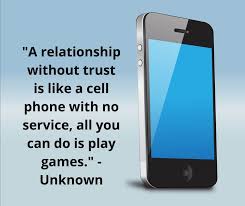
A Relationship Without Trust Is Like a Cell Phone With No Se...
"A relationship without trust is like a cell phone with no service— all you can...